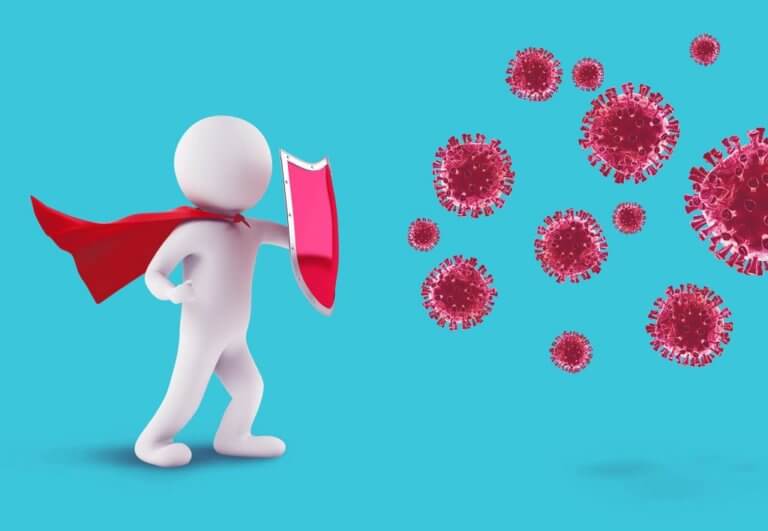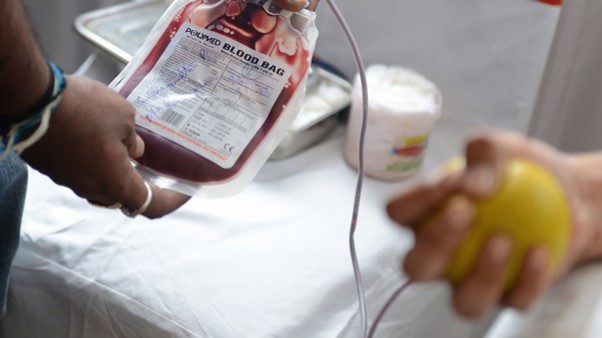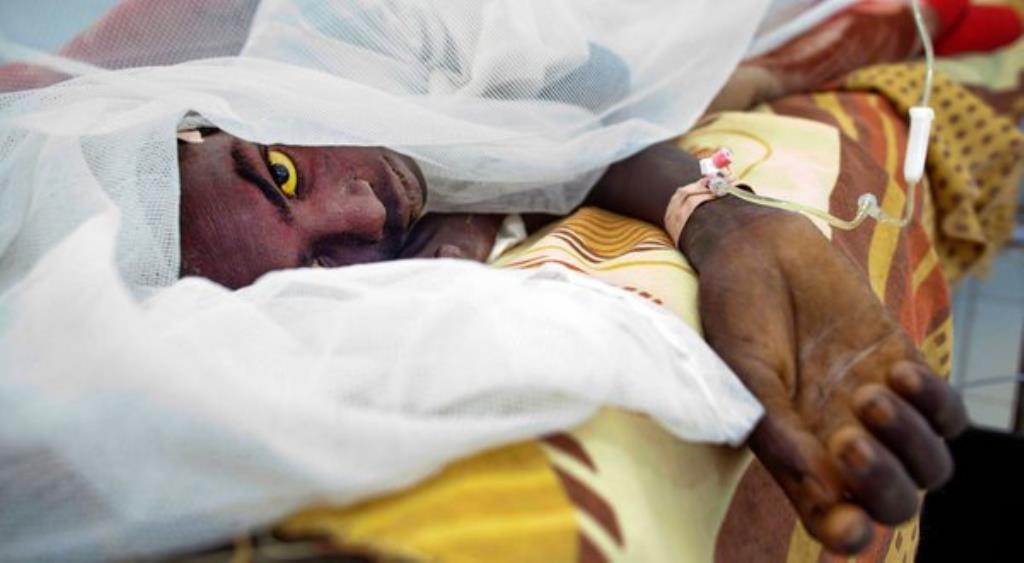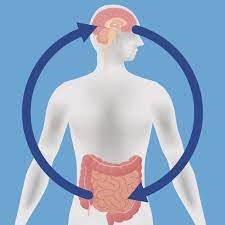AMA Medical Manufacturing: A turning point for the Nigerian of Medical Industry
By Muhammad Muzdaleefa The groundbreaking ceremony for the AMA Medical Manufacturing OSD Plant marks a turning point for the Nigerian medical industry. The new plant, which will produce oral solid…









